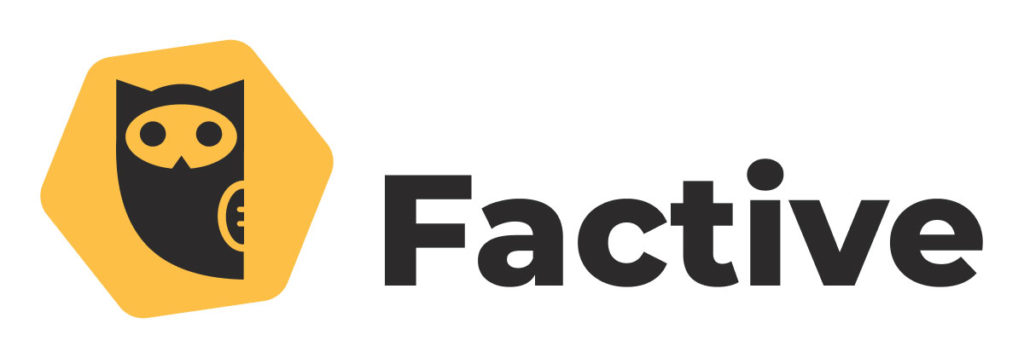
The aim of advertisers across the world is the same. Get our attention, hold if for long enough or with sufficient frequency to generate consideration, build preference, and convert us to paying customers. Some are primarily focused on triggering purchase. Others still believe in building a brand strong enough to create a value perception, that transgresses top-of-mind and price premium drivers. But in every moment, when they’re fighting for attention, they are all fighting head to head. And more than ever, we’re busy doing something else.
Today, more than ever, they are armed for the fight because they have data. Not just customer data. They have studies full of insights. They have segmentation data that assumes to predict preferences, values, and motivations. And of course, they have digital data – not just their own, but data from media agencies, programmatic platforms, Facebook, Instagram, YouTube, Snapchat, TikTok, and other suppliers. Although, they don’t have a data sheet on you on the company server, they know who you are, where you live, what you like, what you have, and the last thousands of websites and social media conversations you’ve engaged in. They understand the needs and wants that drive you to buy, what you will most likely buy next.
But what is all of this used for? Today it is primarily used for two things. The first is as old as the discipline of advertising. It is used to seek an understanding of you so profound, that when you see the product or service revealed in the context, you will recognise yourself in such a positive and almost grateful way, that a purchase is sure to follow. The other is as old as the media agency business. Find out where they can find the highest possible volume of people like you the most often. In order to get the lowest price per relevant exposure.
Surely it sounds like heaven for businesses. And in a way for every one of us as consumers as well with the promise of less irrelevant and annoying ads for products and services we don’t need. On the other hand, if it were true, wouldn’t every advertiser become more successful than ever before and not the opposite? Wouldn’t the digital channels by far have exceeded the effect of archaic tv advertising?
You could also see it differently. You could think that the approach is slightly in arrogant in two ways. First of all, it is arrogant to presume that a company can now everyone of us, better than we know ourselves. Secondly, using the data to interrupt us doing what we like and care for just to see an advertising message leans the same way. The guy at the party who keeps on interrupting the conversation to talk about himself is rarely the one that wins the popularity competition.
So, what if we used all the data, to find out what people care about and when they are engaging in it? And if we were really smart, we could find out which of those behaviours we could contribute to with a high level of relevance? That seems to be a path that’s not only more sympathetic but also potentially both more effective and profitable.
The big question is whether businesses in the globally connected economy has any choice? Today consumers are not only more resistant to advertising, they are also more committed to what they’re doing. Powered by the force of masses that has increased with digitalisation. Not only are we more aware, we are also never alone, no matter how narrow the cause, we are always accompanied by likeminded people and content, that share our passion. Our patience for irrelevant interruptions has never been lower and thus the cost of interruption never higher.
Factive is committed to making change in the world removing doubts as the barrier for doing. We want to challenge the current realities of the status quo with imagination powered by technology and data to create more meaningful and useful relationships between people and brands that lead to growth. We help business grow by creating dynamic and predictive datasets, that are more accurate, more cost effective and faster processed than any other approach. Learn more at:



